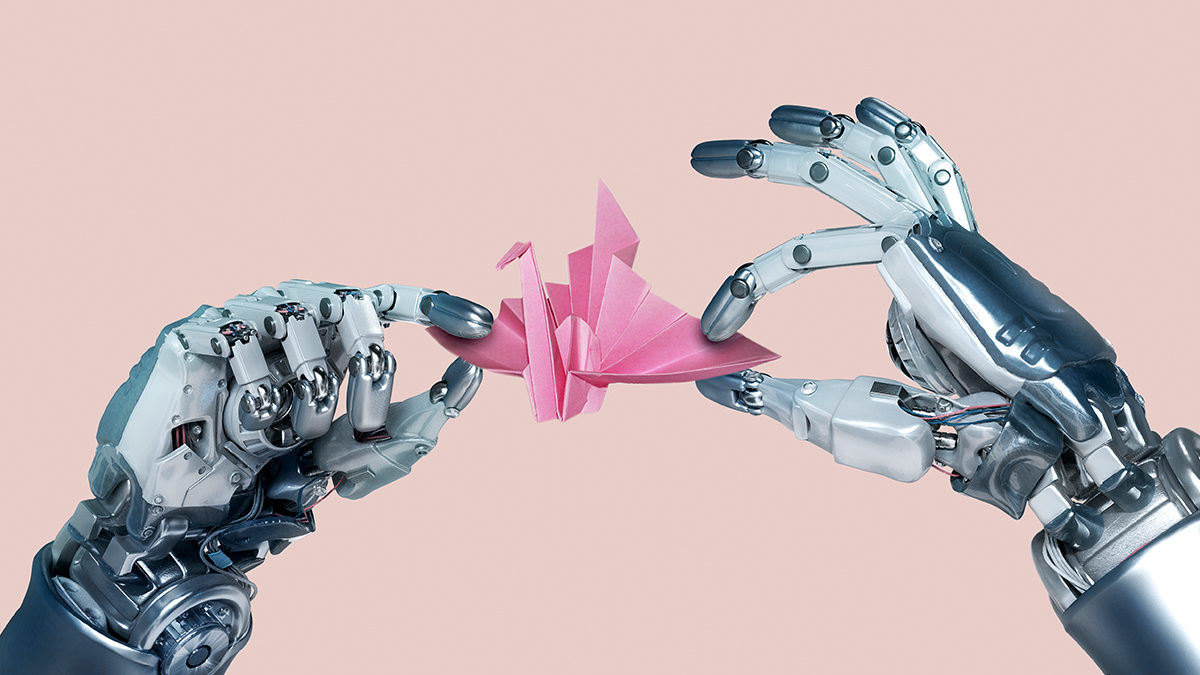Our ability to manage and utilize emotion and to take into account the effects of context are key ingredients of critical thinking, creative problem solving, effective communication, adaptive learning, and good judgment.
Origen: Are You Developing Skills That Won’t Be Automated?
Contrast being a barista with being a bartender. People often strike up a conversation with the bartender. This job clearly is about more than just mixing drinks. … we can easily parse this job into two components: the repetitive and routine one (actually mixing and serving the drinks) and the more interactive, unpredictable one that involves listening to and talking with customers.
After reflecting on characteristics of numerous jobs and professions, two non-routine kinds of work seem to me to be particularly common, and difficult to automate:
First, emotion.
The functioning of emotion has proven challenging to understand scientifically (although there has been progress), and is difficult to build into an automated system.Second, context.
This is a problem for machine learning, which operates on data sets that by definition were created previously, in a different context. Thus, taking context into account (as a congenial bartender can do effortlessly) is a challenge for automation.All of this suggests that our educational systems should concentrate not simply on how people interact with technology (e.g., by teaching students to code), but also how they can do the things that technology will not be doing soon. This is a new approach to characterizing the underlying nature of “soft skills,” which are probably misnamed: These are the skills that are hardest to understand and systematize, and the skills that give —and will continue to give— humans an edge over robots.

